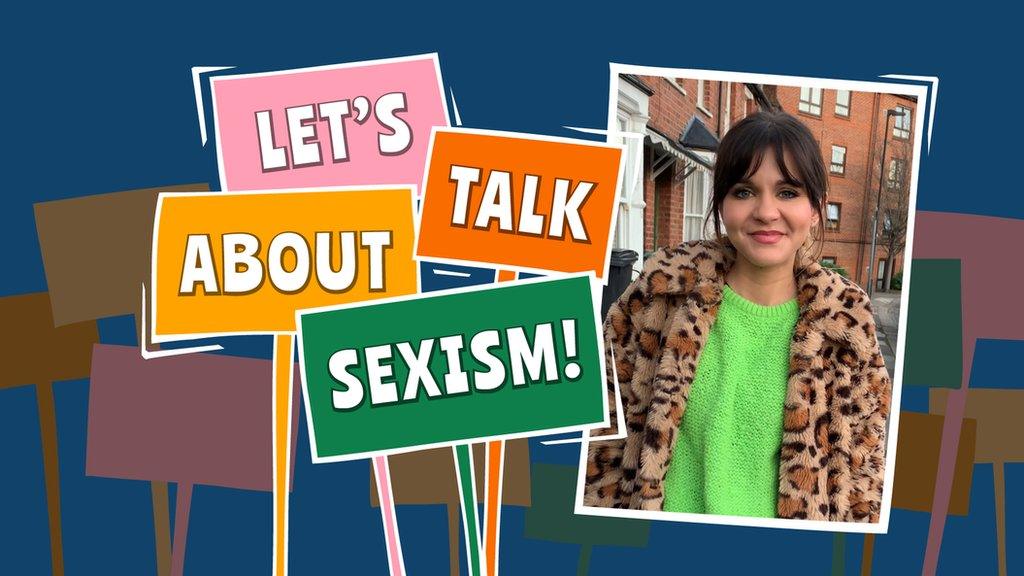Met Police Report: Women and children 'failed' by the police - what does it mean?
- Published
- comments
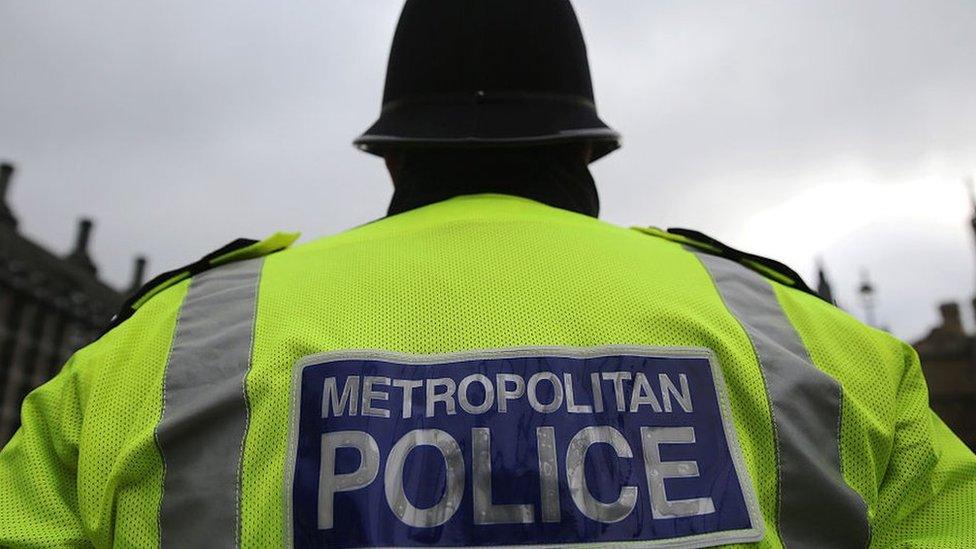
The Metropolitan Police service has been given 16 suggestions to improve how it works
A new report into the Metropolitan Police - which is the biggest police service in the UK - says it's officers are 'failing' women and children.
The report looked at the behaviour of officers and found there were big problems of homophobia, misogyny and racism. If you aren't sure what these words mean, we have put together a guide just below.
Sir Mark Rowley, who is in charge of the Metropolitan Police, has apologised to people in London after the report came out.
The report also found that police officers are breaking their own rules, and that inside of the police service, officers are being bullied and treated unfairly by others.
Sexism - Treating someone unfairly because of their gender
Misogyny - The term for sexism specifically against women
Homophobia - Treating someone unfairly because of their sexuality, for example if they are lesbian, gay, or bisexual
Racism - Treating someone unfairly because of their race, where they are from, or the colour of their skin
Humiliation - A type of bullying where someone is made to feel embarrassed on purpose by others
What is the Metropolitan Police?
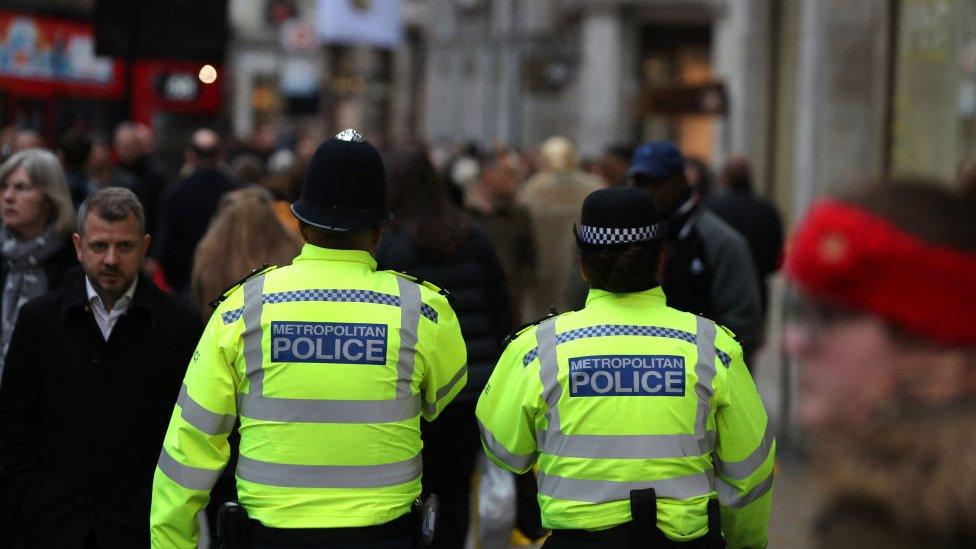
If you have been to London, you might have seen Metropolitan Police in their uniforms
The Metropolitan Police is the UK's police service for Greater London, not including the City of London, which has its own police.
The Metropolitan Police - also known as The Met - is the biggest police service in the UK.
It currently has 25% of the total police budget for England and Wales, and is made up of over 43,000 officers and staff.
As well as working in London, the Metropolitan Police is involved in counter-terrorism and the personal safety of the royal family and important members of the government like the Prime Minister.
Why is there a report into Metropolitan Police behaviour?
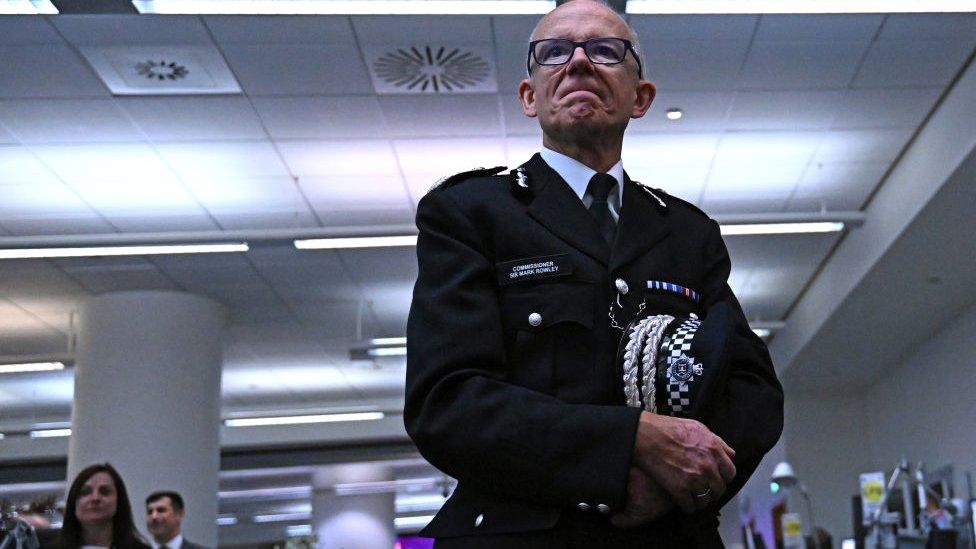
Mark Rowley is the Chief Commissioner of the Metropolitan Police - which means he is in charge of the police in Greater London
In 2021, the Metropolitan Police announced there would be an independent review into police behaviour, after a Metropolitan police officer was found guilty of murdering a woman called Sarah Everard.
The investigation was given to a politician, called Baroness Louise Casey, to find out how many police officers were breaking the law and their own rules.
In October last year, Baroness Casey released an initial report saying hundreds of Metropolitan Police officers were breaking the law, and that there were big problems inside the police service itself for how staff were treating each other.
After this happened, the current Police Commissioner of the Metropolitan Police said that hundreds of police officers should have been sacked.
What does the report say?
The new report is big - it is over 300 pages long - and shows lots of different problems inside the Metropolitan Police.
Firstly, it says the police are not doing enough to protect children, and that women and children have been put at risk by Metropolitan Police officers.
It also found there were issues of racism, homophobia and misogyny between different officers.
Both Sikh and Muslim officers were made fun of due to their religion, and nearly a fifth of all lesbian, gay and bisexual staff experienced homophobia.
Female officers explained they experienced bullying and humiliation as junior officers.
It also found that officers were encouraged to delete WhatsApp chats if the messages could be used in an investigation.
One officer - which the report calls Officer E - said "I don't trust my own organisation".
What does this mean?
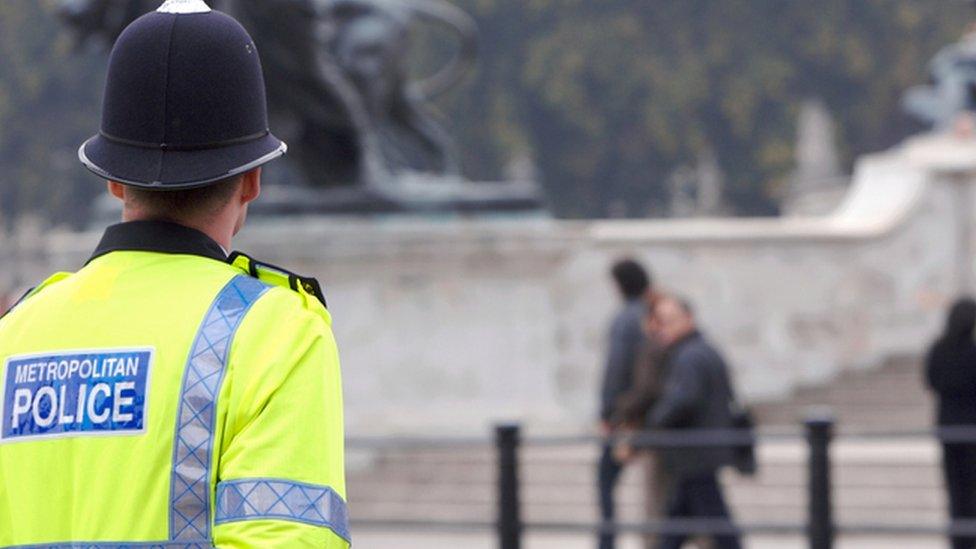
It is important for people to have trust in the police - the police have strict rules that they are meant to keep to for looking after the public and for treating each other fairly.
Baroness Casey - who wrote the report - said that the police service is at risk of being dismantled if changes are not made. She said the report creates "anger, frustration, embarrassment" and shows that ordinary people no longer trust the police.
She also explained that people in London - where the Metropolitan Police work - no longer have a "functioning police service".
There had been a report last year explaining changes need to be made, but Baroness Casey said attempts to improve diversity "are not improving".
What happens next?
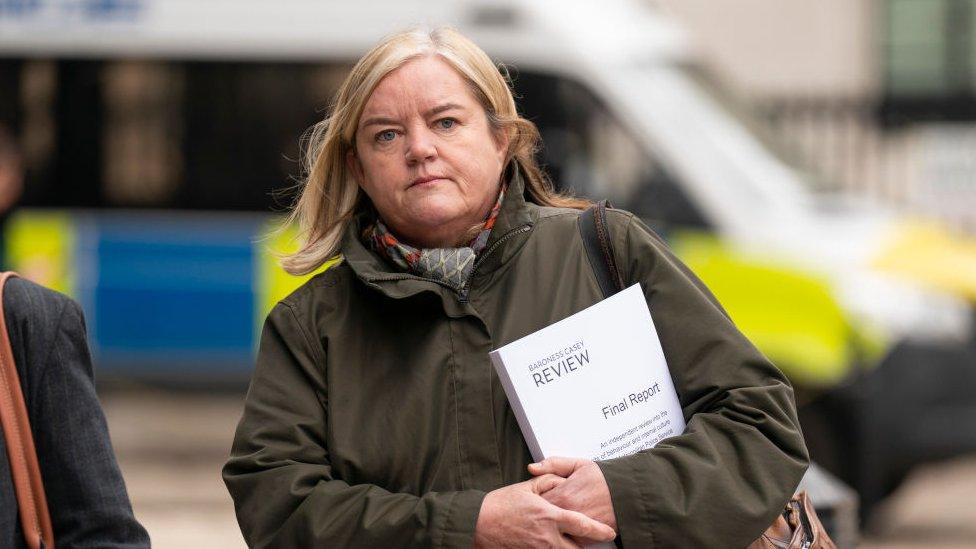
Baroness Casey is the person who wrote the review
In the big report, there were 16 recommendations made for how the Metropolitan Police should change to improve from these issues.
It asked for more outside experts to get involved to check that police are keeping to their own rules, and looking after the public.
There was also a suggestion to change how police officers' background checks are done before they can become an officer.
Sir Mark Rowley, the commissioner of the Metropolitan Police, said he wanted to "right this wrong".
To be part of an organisation that has let individuals down so badly is deeply upsetting
- Published29 August 2022
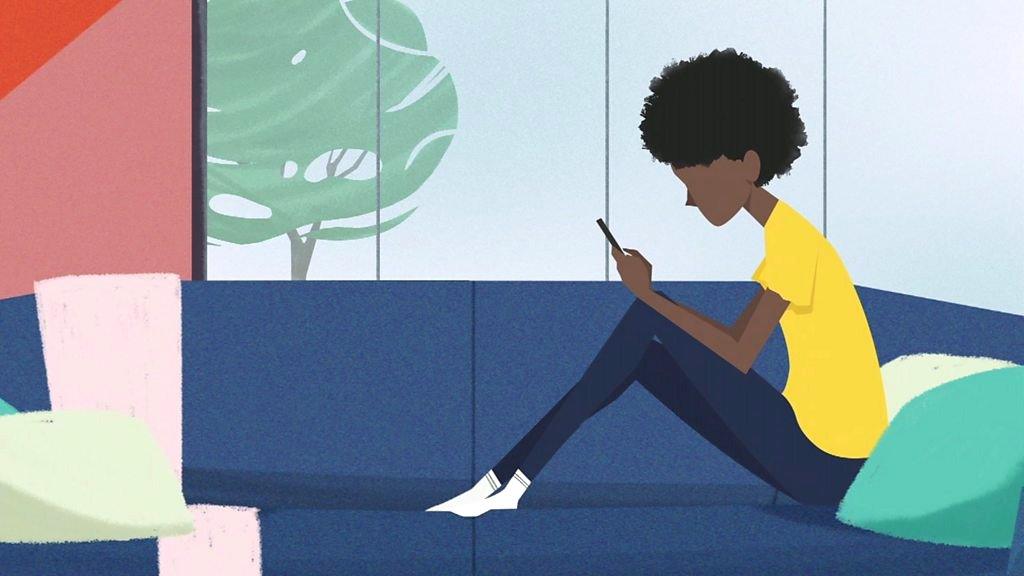
- Published17 June 2020
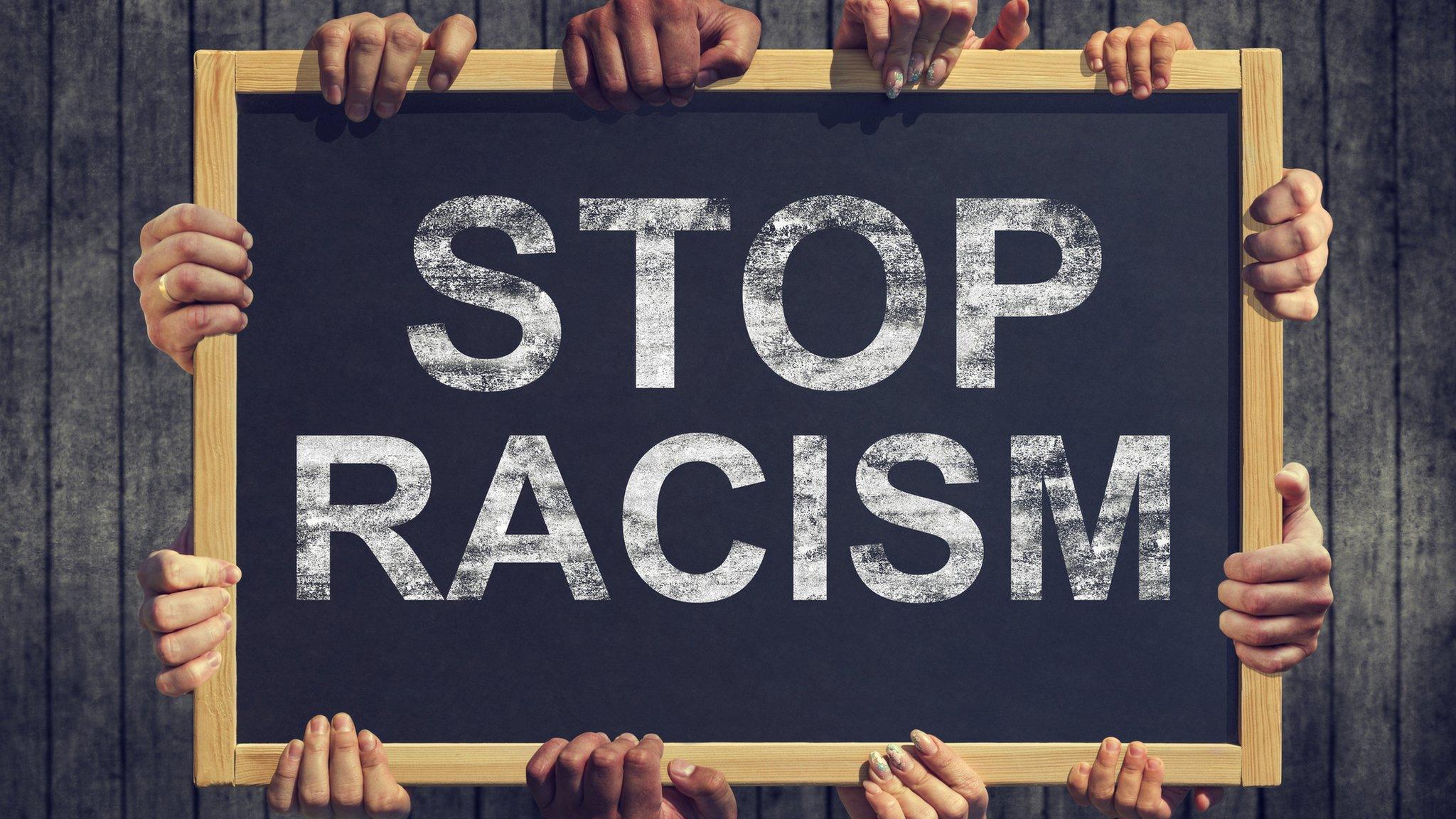
- Published4 April 2022
